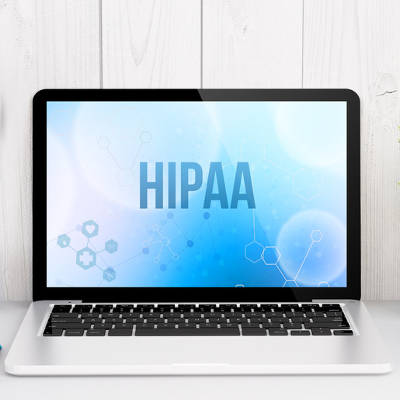If your work requires you to store medical data, your data security is absolutely vital. The Health Insurance Portability and Accountability Act means your business has to work hard to protect patient data records from hackers. HIPAA’s highly regulated compliance standards mean that a breach could put you out of business permanently.
Let’s talk about optimizing your data storage strategy to meet these regulations.
Regulations like the Health Insurance Portability and Accountability Act (HIPAA) cause your business to have to work to remain compliant. However, this work becomes easier if you position your data storage strategy to meet these regulations. We’ll go over some steps you can take to optimize your basic business security.
1. Encrypt your Data
While HIPAA doesn’t dictate that your business data be encrypted, it’s simple and effective. Encrypted data is scrambled so that it can only be viewed with an encryption key. A solid, military-grade encryption should discourage the average hacker.
2. Pre-emptive Front-End User Security
Front-end user security measures such as firewalls or email filters will filter out incoming malicious links and attachments sent your way. This is an easy first line of defense.
3. Restrict User Access Based on Roles
The security of a network is as strong as its weakest link. Only allowing users access to the tools and areas they actually need reduces access points that could be vulnerable to hackers. This is especially important in a data-heavy industry like healthcare.

If your business handles sensitive client information such as medical records, your data security is crucial. We can help you stay HIPPA-compliant and improve your data security. Give Quikteks Tech Support a call at (973) 882-4644 for more information.

